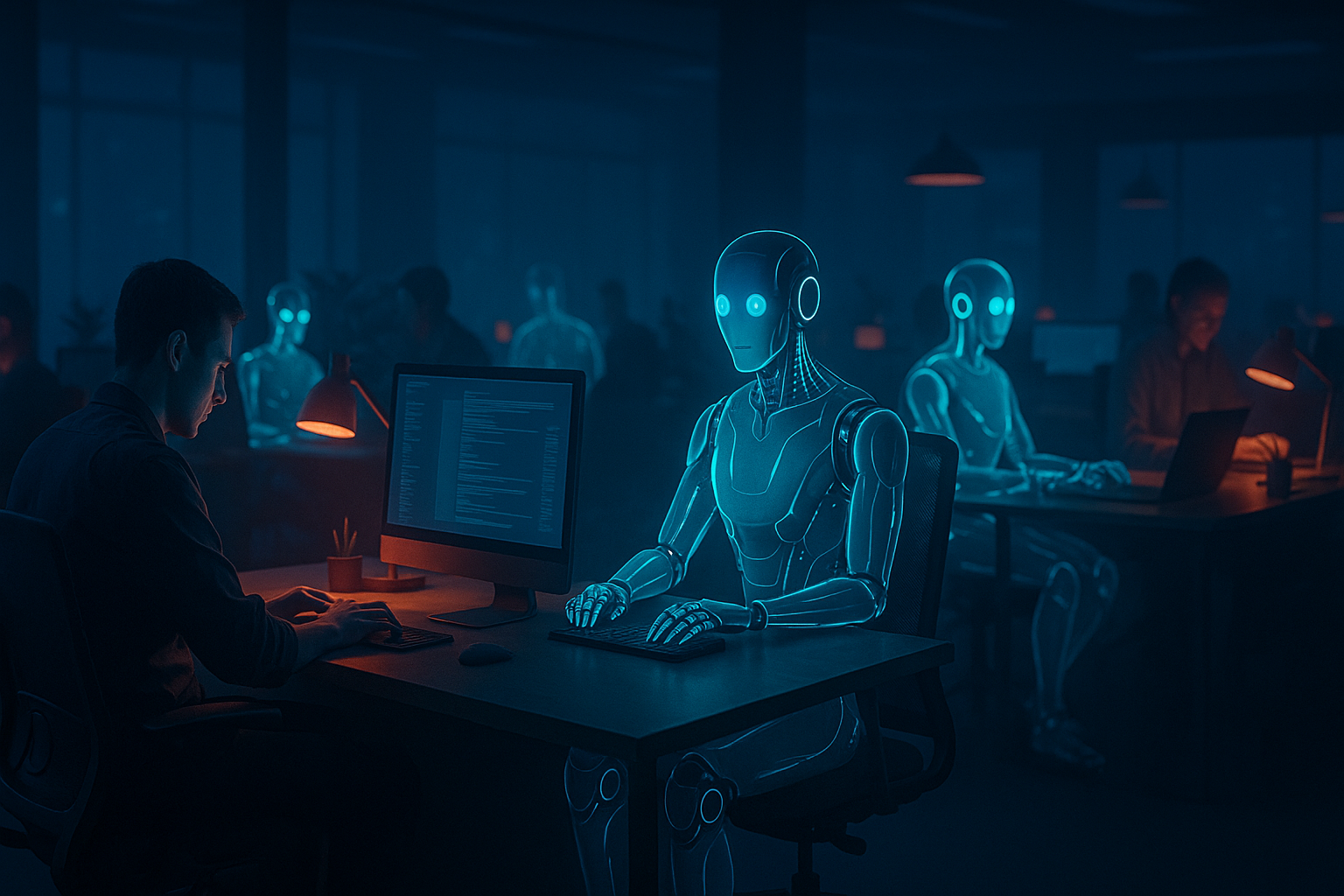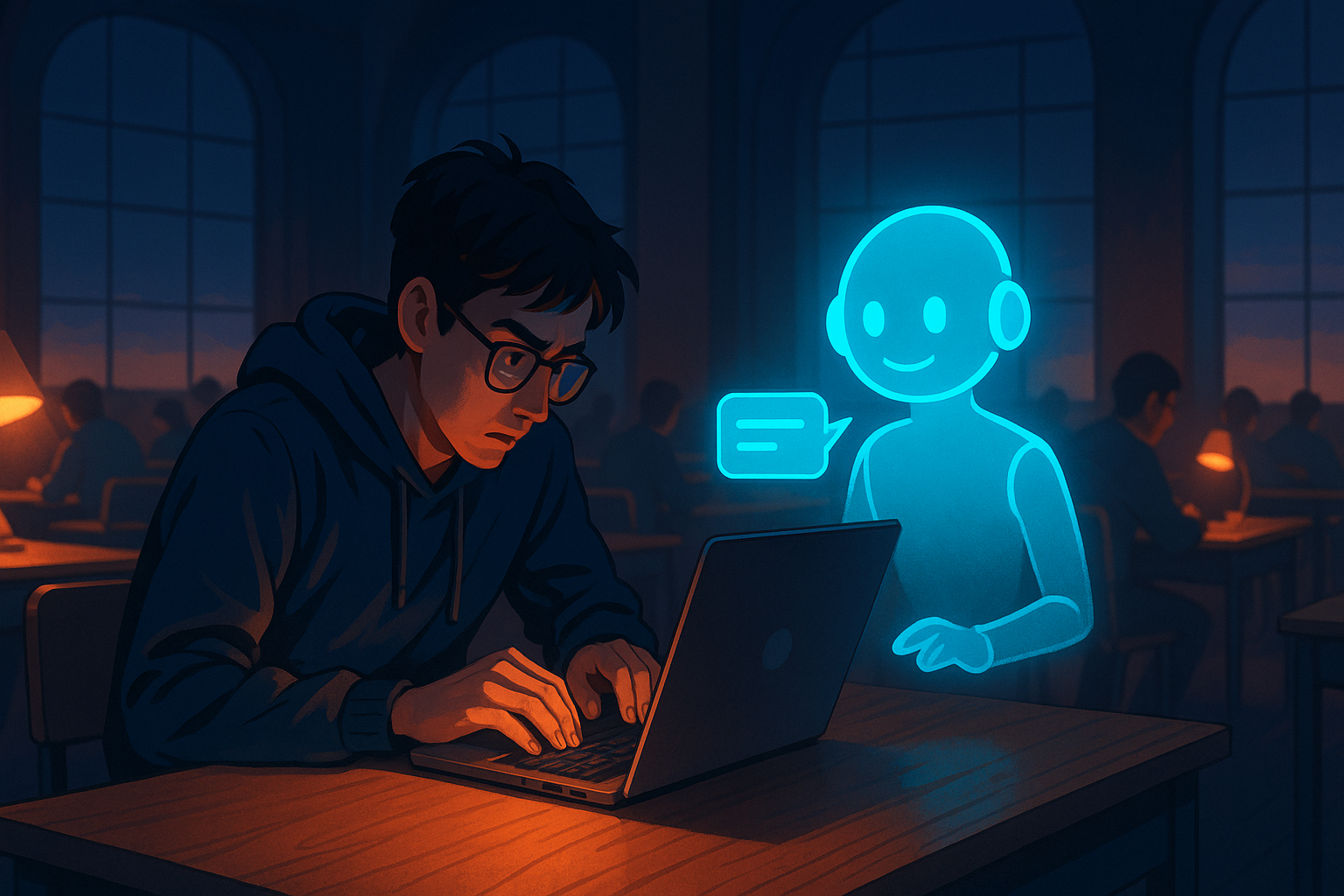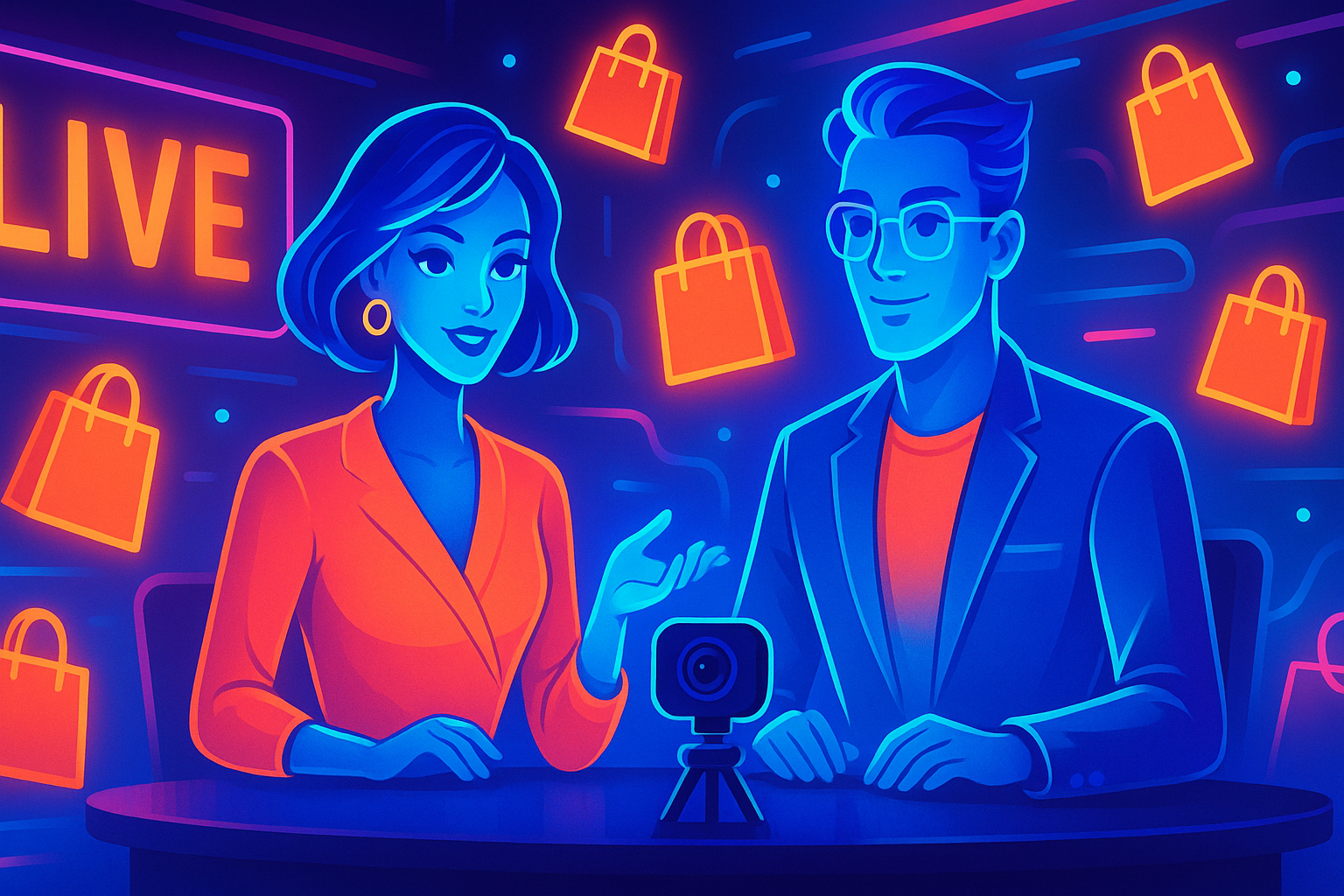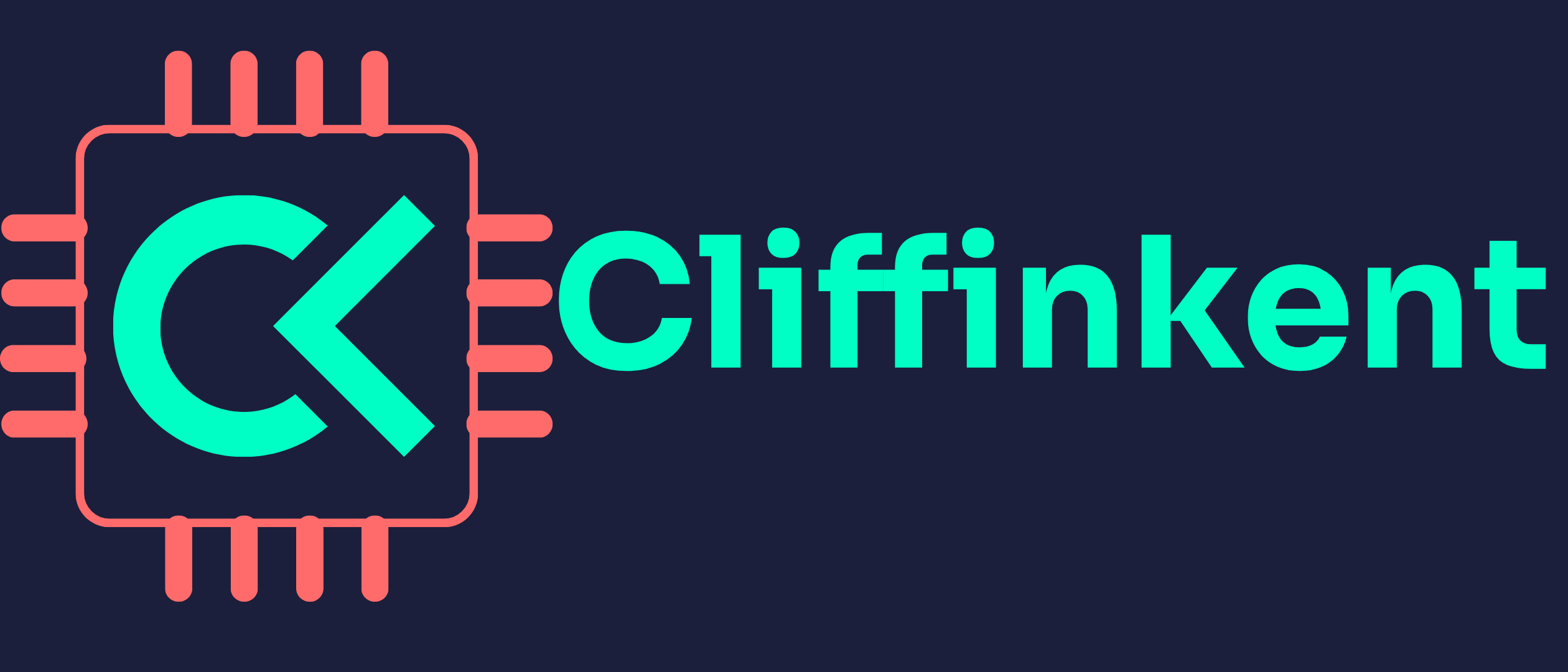AI News Roundup: Top 10 Stories for Everyday People (14–20 June 2025)

1. AI to Shrink Amazon’s Workforce, Says CEO
What happened
Amazon boss Andy Jassy told staff that rolling out more than 1,000 generative‑AI tools will “mean fewer people doing some of the jobs that are being done today.” Internal memos note routine tasks will be automated while software‑engineering roles grow.
Why it matters
Amazon is one of the planet’s biggest employers, so AI‑driven layoffs could ripple through retail and logistics jobs worldwide. Upskilling and career pivots will be vital as companies chase efficiency over headcount — see our guide on AI chatbots to understand the new roles emerging. Source

2. Thousands of UK Students Caught Cheating With AI
What happened
A Guardian investigation found almost 7,000 confirmed cases of students using tools like ChatGPT for assignments in the 2023‑24 year — a three‑fold jump in 12 months. Traditional copy‑and‑paste plagiarism is falling, suggesting AI has become the shortcut of choice.
Why it matters
Universities are racing to redesign assessments and detection tools, while students risk expulsion for misuse. Expect more oral exams, timed essays and AI‑ethics training so that tomorrow’s grads can wield the tech responsibly — not just secretly. Source

3. AI Avatars Outsell Humans, Banking ¥55 Million
What happened
Baidu’s e‑commerce arm let two lifelike AI avatars of Chinese celebrity Luo Yonghao and his co‑host livestream for seven hours, moving ¥55 million (US $7.6 million) of goods and attracting 13 million viewers — trumping Luo’s own real‑person record.
Why it matters
Virtual influencers can stream 24/7 with no overtime pay, creating vast new competition for human presenters — but also affordable marketing muscle for small brands. The stunt shows how AI personalities are reshaping social commerce far faster than regulators can blink. Source

4. AI Facial‑Recognition Error Gets Shopper Banned
What happened
A Manchester mum was marched out of two Home Bargains stores after Facewatch software wrongly flagged her as a toilet‑roll thief. Only after days of emails did the retailer admit the match was false and apologise.
Why it matters
If a £10 loo‑roll mix‑up can blacklist an innocent customer, imagine the fallout for bigger accusations. The case spotlights accuracy, bias and due‑process gaps in retail surveillance — and why human review must stay in the loop. Source
5. Google Search Tests AI “Podcast” Answers
What happened
In Google Labs, some users now see a “Generate Audio Overview” button that creates a two‑voice, podcast‑style chat explaining their query within 40 seconds — no article‑scrolling required.
Why it matters
Search is going hands‑free. Great for multitaskers and accessibility, but publishers fear traffic loss if AI reads out their content. As voice features spread, expect SEO for spoken answers to become the next marketing battlefield. Source
6. Adobe’s Firefly AI Jumps to Mobile
What happened
Adobe released a Firefly app for iOS and Android, bundling image and short‑video generation plus Generative Fill straight into your phone. Projects sync with Creative Cloud, and third‑party models such as Google Imagen and Veo are supported.
Why it matters
Small businesses and creators can now whip up polished graphics in minutes from the bus queue. Bringing pro‑grade generative tools to handsets lowers the design skills barrier — and raises the bar for social‑media visuals everywhere. Source
7. BBC Threatens AI Firm Over Content Scraping
What happened
The BBC sent a legal letter to Perplexity AI demanding it stop using and delete BBC articles and pay compensation for reproducing them verbatim without permission — the broadcaster’s first move of this kind.
Why it matters
Media groups are drawing lines on AI training data. If more outlets follow, AI startups may face steep licensing bills or knowledge gaps. Everyday users could see fewer trustworthy sources in chatbot answers — or more paywalls. Source
8. Midjourney Unveils First AI Video Generator
What happened
Midjourney’s new “animate” button turns any image into a five‑second clip (extendable to 21 seconds) with controllable motion levels. The beta runs via web or Discord and costs roughly eight times an image generation.
Why it matters
High‑quality AI video is no longer sci‑fi. Marketers, educators and meme‑makers can produce moving visuals in minutes, while copyright lawyers brace for fresh deep‑fake disputes. Video production budgets may never look the same again. Source
9. ChatGPT Maker Wins $200 M Pentagon Deal
What happened
OpenAI clinched a $200 million U.S. Defense Department contract to build prototype “frontier AI” systems for combat analysis and back‑office operations, with work running through July 2026.
Why it matters
The military is betting big on generative AI — raising hopes of safer reconnaissance and fears of autonomous warfare. It cements AI as critical national‑security tech and could accelerate Pentagon‑to‑civilian spin‑offs in coming years. Source
10. Study Finds 60 % of Shoppers Now Use AI
What happened
A Bloomreach/UVA Darden survey reports 59 % of consumers use AI tools while shopping, with 46 % trusting AI style tips over a friend’s and 77 % saying it speeds decisions.
Why it matters
Buying decisions are increasingly “co‑piloted” by algorithms. Brands must optimise for both human and AI recommenders, while consumers should stay alert to hidden biases in those oh‑so‑helpful suggestions. Source
🤔 Curious‑reader question: Which of these AI developments excites or worries you most — and how might it change your daily life?
